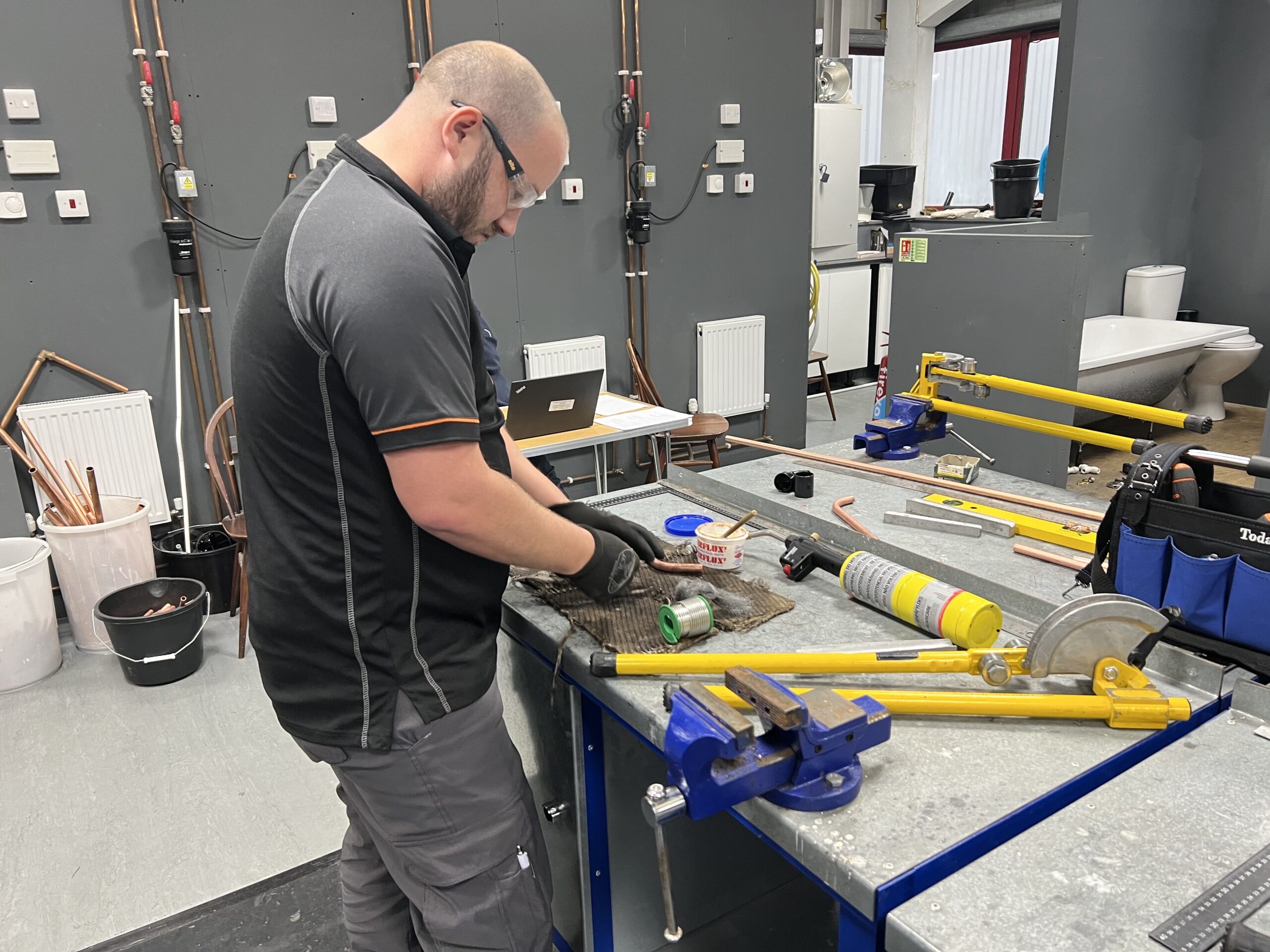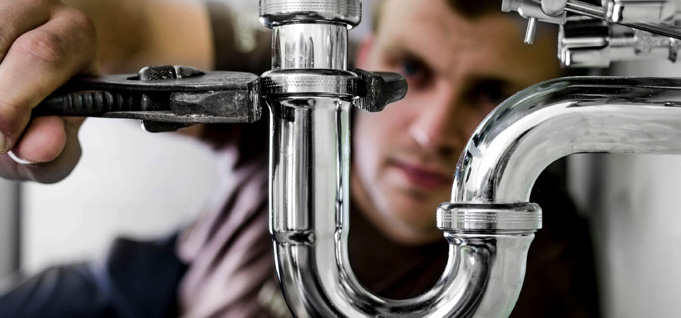The Renewable Heat Incentive (RHI) has been getting a bit of stick in the press lately.
A recent report by the House of Commons Public Accounts Committee (PAC) on the effectiveness of the RHI said the scheme failed to meet its objectives or provide value for the £23 billion expected cost to tax payers.
The report cited the ‘hassle-factor’ of installing renewable technologies and high upfront costs as two reasons why the RHI is not working for households and businesses in its current form.
Back to Insights
The big, green picture!
Renewables are still a great option for many homes; hopefully future schemes for incentivising renewable energy will provide better value for both tax-payer and consumers. However, the uptake of renewable technologies such as heat pump hybrids, solar thermal and biomass are one part of a much bigger picture – there is so much more to going green than the RHI!Why is Hydrogen such as hot topic at the moment?
Hydrogen is more environmentally friendly than natural gas, which provides almost 85% domestic heat in the UK, because it produces only water and heat when burnt. The gas industry is getting very excited about the potential of Hydrogen to decarbonise heat and studies are underway to access the potential of integrating Hydrogen within existing gas networks. It is hoped that if we replaced natural gas with hydrogen or a hydrogen mix, it would require minimal modifications to current heating systems. Several research projects and trials are underway to assess the feasibility of this theory. Follow these links to find out more: Hydrogen for Heat Programme HyDeploy Project – Keele University H21 Leeds Citygate Project Liverpool – Manchester Hydrogen Clusters ProjectWhat about off-grid locations?
Made from organic materials, such as vegetable oils, bio-liquids could provide a more sustainable alternative to traditional heating oil. At the moment, bio-liquids are not widely used in the UK, but trials undertaken by OFTEC in collaboration with some of the industry’s leading manufactures have proven that blended fuels, such as bio-fuel mixed with kerosene, work well in existing oil boilers with relatively few modifications required. Supplies are currently limited but one bio-fuel blend – 30% bio-fuel and 70% kerosene – is a recognised domestic heating fuel and produces far less greenhouse gas emissions than traditional heating oil. Click here to find out more about bio-liquids for heat.What can be done on a smaller scale?
These exciting projects will hopefully overhaul the way we approach heat in our homes in the future. However, there are lots of other ways that homeowners can reduce their impact on the environment:- Smart Meters – installing a smart meter can help consumers to be more aware of the energy they are using, hopefully resulting in them using less overall.
- Heating controls – room thermostats, Thermostatic Radiator Valves (TRVs), smart heating controls – If used properly, these controls could reduce CO emissions and help customers save money on their heating bills.
- High-performance appliances – modern, condensing boilers, for example, are so much more efficient than older models. Many new boilers come with their own controls, such as weather compensation, and are compatible with renewable technologies to further reduce environmental impact.









